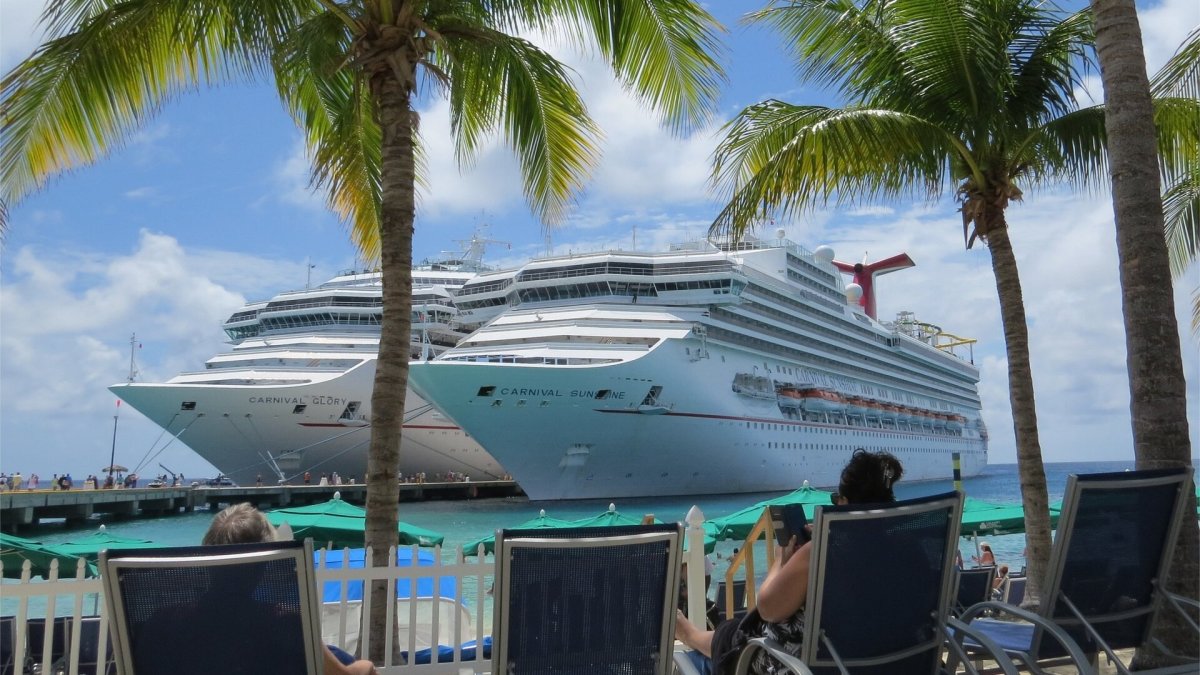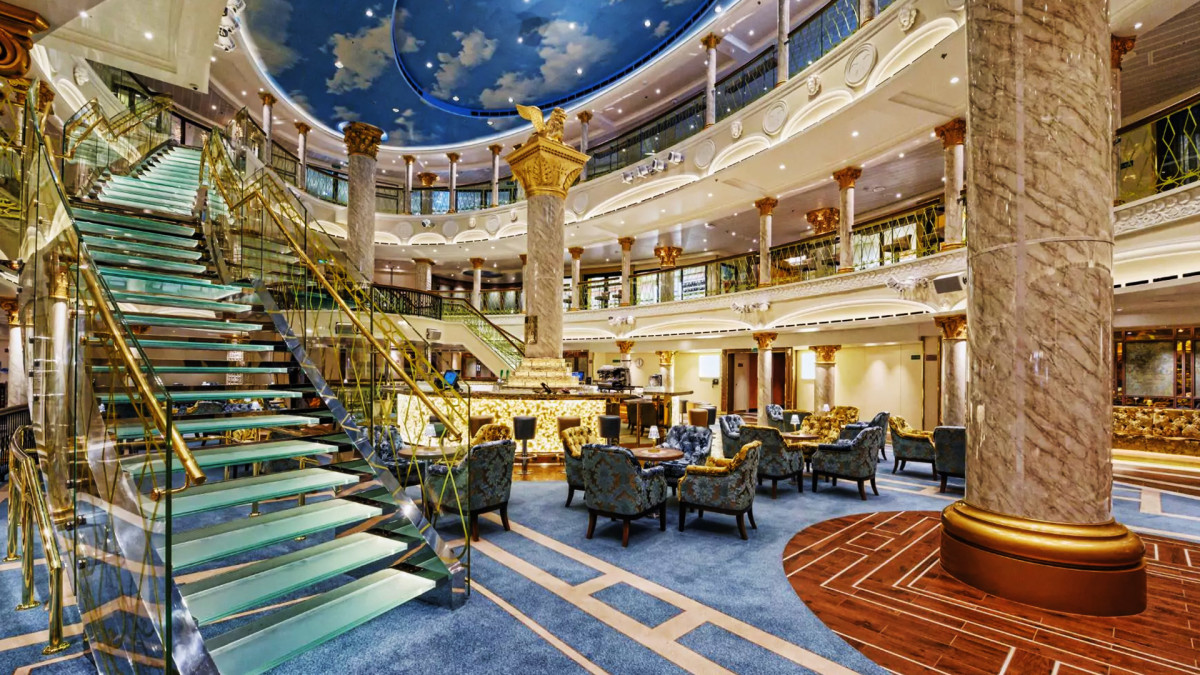
Cruise-line workers have very difficult jobs.
Most work very long hours. Days off are rare and some staffers only rarely get to be outside or even see the light of day.
A bartender who works nights at the piano bar, which may not be open during port days, might be dispatched to a pool bar during the day.
In other cases, onboard staff shifts to work on the private islands that have become a key part of business for Carnival, Royal Caribbean (RCL) , and MSC Cruises.
Related: Carnival Cruise Line warns passengers about a pricey mistake
Cruise-employee contracts vary, but most waiters, room stewards, bartenders and other front-line service workers stay on board for six to nine months. That's a long time to work days that are often closer to 12 hours than 8, while they return to tiny cabins shared with at least one roommate.
When they're not working, regular crew members, including all the jobs listed above, do not have access to passenger areas. They can't grab a coffee at the onboard coffee shop or a meal at the buffet.
Officers and certain staff positions have more privileges than others. It varies by cruise line, but on Royal Caribbean, solo musicians, for example, are considered guest entertainers and essentially have full passenger privileges.
In addition, officers and select crew members are allowed to eat at the Lido Marketplace, Carnival's buffet. That might surprise passengers, but it also creates opportunities.

Image source: Carnival
Carnival shares its buffet policy
Carnival's brand ambassador, John Heald, posts a lot on Facebook, and every one of his posts gets hundreds of comments. A post from May 4, however, had garnered more than 7,300 comments at last check.
It was not a post that seemed all that controversial.
"We do allow some of the officers and staff to eat on the Lido," he wrote. "And while a few people have been writing this morning to me saying they do not believe they should be allowed, I hope that many more will enjoy seeing them there and perhaps interacting with them."
Want the latest cruise news and deals? Sign up for the Come Cruise With Me newsletter.
That policy is similar to Royal Caribbean's rules. It's not uncommon to see officers in uniform and other workers wearing their job's outfit and eating at that cruise line's Windjammer buffet. In most cases, the cruise-line workers find an out-of-the-way table and, unlike passengers, they bus their plates.
Carnival's passengers seem to overwhelmingly support the concept of crew members eating in Lido.
Carnival passengers overwhelmingly support this
"I enjoy seeing the staff and crew eating on Lido with us," Joan Swanson wrote.
Many passengers said they liked getting the chance to interact with crew members.
"Love seeing them and speaking to them. Hearing them tell stories of their family. How hard they work to support them. We see how hard they work every day. I would love to have dinner with the staff," Debra Ramos posted.
Mary Downs O'Neal shared a practical reason she likes seeing cruise-line workers eating at the buffet.
"I love seeing the crew eating with the passengers. It tells me what is good to eat. For if it’s good to them, it should be good to me," she shared.
Many responders suggested that Carnival should allow all ship workers to eat in passenger areas.
"I wish Carnival allowed all of the staff to eat up there. They work so hard to provide all of us a great vacation and deserve a nice meal," Cindy Lee wrote. "I actually struggle going on cruises because I feel the industry treats staff differently. Why do the entertainment staff get to eat with us, but those serving us can't?"
Carnival and Royal Caribbean aren't being cruel in not allowing many crew members to use common areas like the buffet. In most cases, both companies' cruise ships have between 0.3 and 0.5 crew members per passenger. If all those crew members could use passenger areas freely, those areas would be pushed beyond their capacity.
Sign up for the Come Cruise With Me newsletter to save money on your next cruise.
Both Royal Caribbean and Carnival have been working on enhanced crew areas as they introduce new ships to their fleets.







